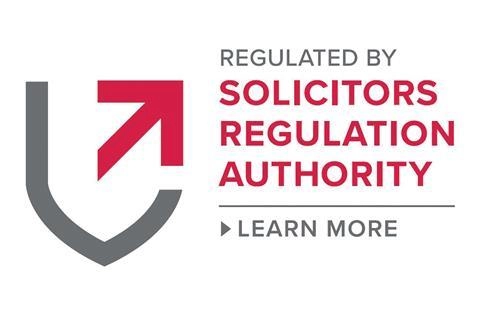The police in the UK are not allowed to drop charges on their own. They have to go through a procedure different than normal, which involves contacting you and requesting information about your case. If the police do this, you can get the charges dropped without going to court.
In this article, centralchamberslaw.com will guide you about the different reasons to get the police to drop charges against you.
Formal Acquittal
If a case has been tried and you are found not guilty, the police have no more power to pursue charges against you. This is known as a formal acquittal. You can then get on with your life without being harassed by the authorities for any crimes committed after being formally acquitted.
It can take a while before this happens, sometimes, it takes months or even years before the Crown Prosecution Service drops an investigation into an individual’s past behavior and decides that there isn’t enough evidence to proceed with prosecution (or even charges).
In fact, in some cases where there is no specific law dealing with what happens if someone commits certain acts of violence, such as domestic abuse, it might take up until after their trial has ended before they’re sentenced.
Informal Acquittal
Informal acquittal is when the police decide not to file charges against you.
This is usually done in cases where the person accused or suspected of a crime has not been arrested, but the police have not found enough evidence to prove their case beyond a reasonable doubt.
Informal acquittal can also happen when there are no witnesses to an event and no other evidence.An informal acquittal does not mean that you are innocent, it means that the court decides there was insufficient evidence for them to convict you, even though they believe in your innocence.
Discontinuance
Discontinuance is when the prosecution decides not to pursue a case. The police can decide whether or not they want to continue with their investigation, but they don’t have to drop charges if they do so.
The prosecution can discontinue a case even if the defendant pleads guilty or has been convicted in court. This is because there may have been insufficient evidence and/or changes in circumstances since then (such as new witnesses coming forward).
If you want your charges dropped, make sure you ask for discontinuance early on, otherwise, it could be too late.
Evidence Is Not Strong Enough
The police can only prosecute when they have enough evidence, this means that you must have done something that has led them to believe it is worth prosecuting you for. Suppose no one accuses you of doing anything wrong, and no one reports any incidents. In that case, there will be no case against you and, therefore, no prosecution by the Crown Prosecution Service (CPS).
In these cases, the CPS will use its discretion in deciding whether or not they want to prosecute someone based on what happened at an event or place where alcohol was consumed. Still, not everyone drank heavily or became intoxicated while drinking alcohol at said event/place.
The CPS’ job description states: “Criminal law deals with offences against criminal law codes such as theft etc., which may include both civil matters such as defamation suits against newspapers etc., but also more serious criminal offences like murder, etc.
Evidence Against You Was Obtained Illegally
If the police want to search or seize property from you, they must have a warrant. This means that there must be sufficient evidence for an officer of the law to believe that you have committed a crime.
The police can only enter your home with a magistrate or judge’s permission to arrest someone suspected of committing an offence (unless it’s an emergency situation). You do not have any right over this decision – if a police officer wants into your house without permission, then they will most likely be able to get whatever he/she needs by asking nicely enough.
If someone has been arrested by officers and taken into custody while being investigated on suspicion of committing an offence, then they may request bail pending further inquiries, however, this does not give them free rein over their person during incarceration since there are still certain rules about how long someone can stay behind bars before being released again onto society once found innocent.
Prosecution isn’t in The Public Interest
The prosecution isn’t in the public interest if the victim has withdrawn their complaint. This happens when they have changed their mind about what happened and don’t want to take the case any further. It can happen at any time during a police investigation or after the police have charged you. If this happens, it can mean your case will be dropped without having to go to court. However, if you want to pursue charges against someone else, you must check with them before deciding whether they’ll help support your claim for compensation.
The Offence is Minor or Your First Offence
If you are charged with a minor offence, such as public intoxication, the police will be more likely to drop your charges if you can show that you have no prior criminal history. This is because if you have had previous convictions for similar offences, it will show that you are likely to commit crimes again in the future.
You can also get them to drop your charges by demonstrating that your actions were not intentional or malicious and that they are not serious enough to warrant punishment.
If you ever see yourself in the position of police charging you with any offence, feel free to contact us at centralchamberslaw.com.
Schedule a free appointment with one of our top attorneys to discuss your situation.

